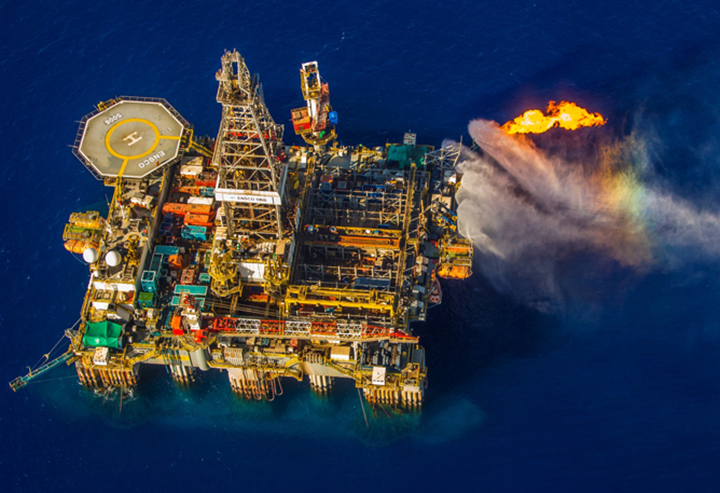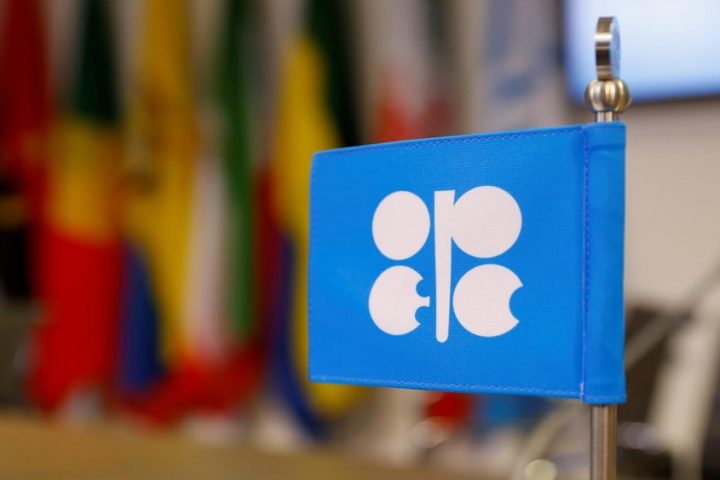With oil and gas prices not expected to come down, Cyprus needs to rethink its entire energy plans, according to a leading industry expert.
Charles Ellinas, a Senior Fellow at the Global Energy Centre, Atlantic Council, said with natural gas prices in Europe hovering at $30 MMbtu (per thousand cubic feet), while the price in Egypt and Israel is $5, the cost of electricity could rise by 25% if Cyprus imports expensive gas for power generation next year.
And this, despite factoring in the reduced cost of lower emission fines, as natural gas still produces carbon emissions, albeit at a quarter rate of burning diesel.
In theory, based on the annual needs of 1 bln cubic meters, if Cyprus had immediate access to the hydrocarbon deposits in the offshore Aphrodite gas field, the 140 bln cu.m. of resources would last the country 140 years.
Ellinas told CyBC radio the high cost of building a regasification plant, estimated at several billion dollars, and the energy majors requiring years and securing future contracts to offset this investment, using Cyprus resources are commercially not viable at present.
Instead, Greek exploration company Energean could export its discoveries from the nearby Karish gasfield and transport these to a floating FPSO unit near Cyprus to produce and process, with Cyprus buying one bln cu.m. a year at a rate of $5 per unit and the rest exported to other markets.
“Before the pandemic, the price for liquefied natural gas (LNG) was $5 MMbtu. Now it is at $30, six times higher, dropping to $25 by next year, and further down after that,” Ellinas said.
He said the war in Ukraine is only part of the problem, and the supply shortage in the world markets had been around for some time, as oil majors were too slow to invest and develop discoveries.
“Then we had the push towards ‘green energy’ and renewables, which again was not enough as demand outstripped supply.
“And the problem has been exacerbated with the US and European sanctions against Russia over its invasion of Ukraine, which creates an additional supply shortage that needs to be replaced.”
Energy blackmail
Ellinas said amid the energy blackmail and pressures on Europe, Poland and Bulgaria have less dependence on Russian oil and gas.
It is also a political decision to pay or not in roubles because other countries have already proceeded to buy in the Russian currency.
“The major companies that import large amounts of natural gas from Russia, Germany’s Uniper and OMV of Austria, seem to be accepting the new payments plan in roubles.
“Poland and Bulgaria have sufficient natural gas of their own; they import from other sources. The use of natural gas is not that dominant in either country, or they seem to have taken a political decision, despite the repercussions.
“I don’t think that Germany, the main importer of natural gas from Russia, accepting the new payment method would indicate a rift within Europe.
“These are all small games. What is important is what happens to the price of natural gas and crude, where we go from here and where we will end up,” Ellinas said.
The price of crude, before the pandemic, Brent was trading in the $60-65 a barrel range.
“Today, it is $106, and it is not expected to drop to the pre-Covid levels for the rest of this decade.
“It is anticipated to drop to about $90 next year, to $85 in 2024, and dropping further to $70 by the end of the decade.”
Ellinas said this projection is made because major energy companies did not make the necessary changes in time to adopt renewables.
“For example, in 2014, the majors would invest more than $800 bln a year to develop their discoveries. Last year this dropped to half, which means the investments have dropped to such low levels that no new discoveries are developed in crude and natural gas to replace what we are consuming today.
“So, supply is not rising at the same rate as demand, which was underway even before the war in Ukraine.
“With the sanctions in place, Russian natural gas and crude supply into the markets is falling. And this has to be replaced as well.”
Ellinas said that prices would start to fall only when the energy majors start investing as they did in the past in their oilfield and gas field discoveries.
Or for renewables to develop at such a rate to replace the hydrocarbons’ supply.
“If these sanctions continue, they will lead to much higher prices, as the World Bank warned it would happen for the rest of the decade.
“The transition to green energy sources proceeded rapidly, but the response could not meet the enormous demand.”
At the moment, both the US and the EU are determined to proceed with more sanctions, regardless of the impact on energy prices, inflation, and the economy.
These are political decisions, but it is also becoming more difficult for this situation to continue.
“In France, if you look at the presidential election results, Marine Le Pen’s support was due to public discontent over the rising cost of living.
“If in the next assembly elections in France in June and presently in the UK where we have local elections, the opposition parties gain support because of the spiralling cost of living, then there will be a rift within Europe on the issue of sanctions.
“These sanctions deduct Russian natural gas and petrol from the world market, which needs to be replaced. If not replaced, prices will remain high for years to come.”









